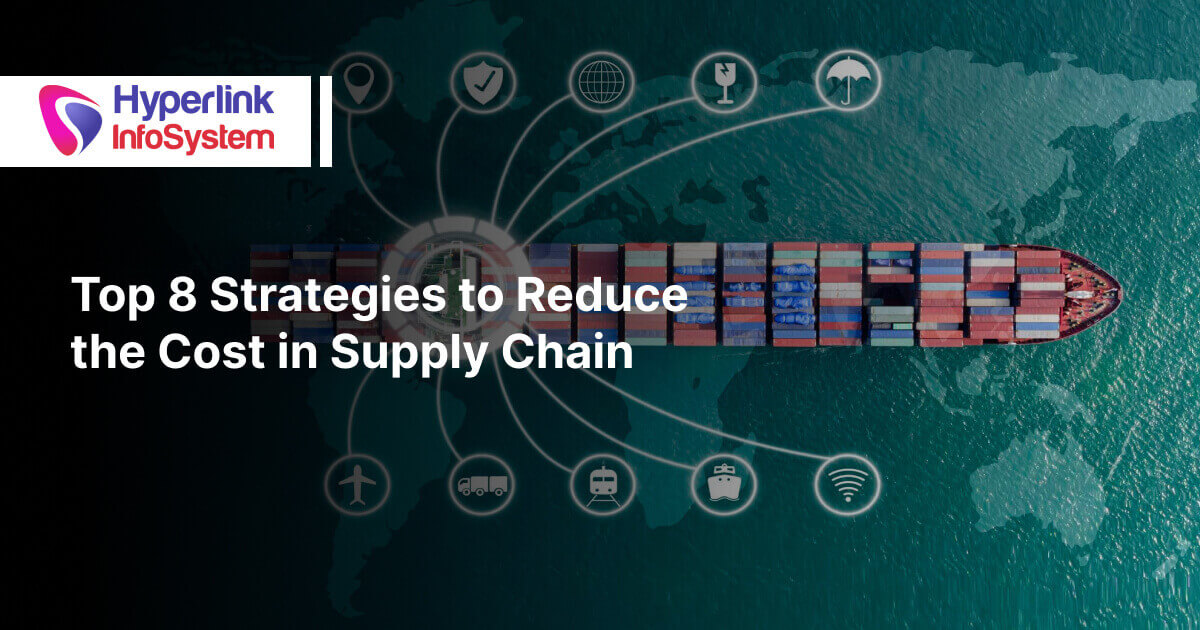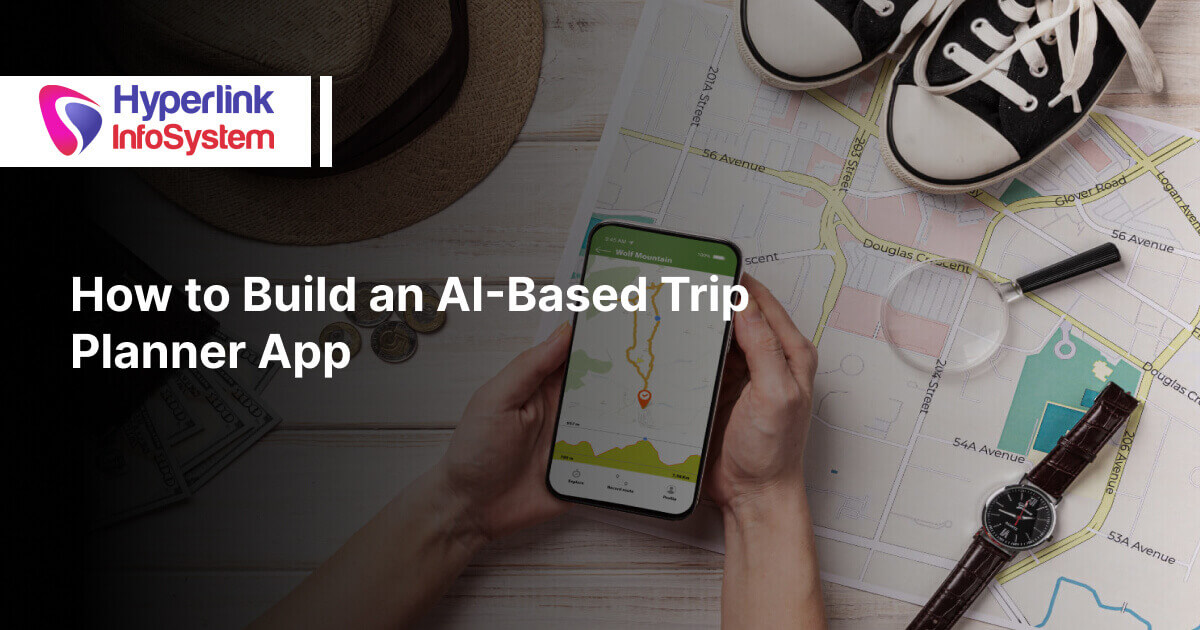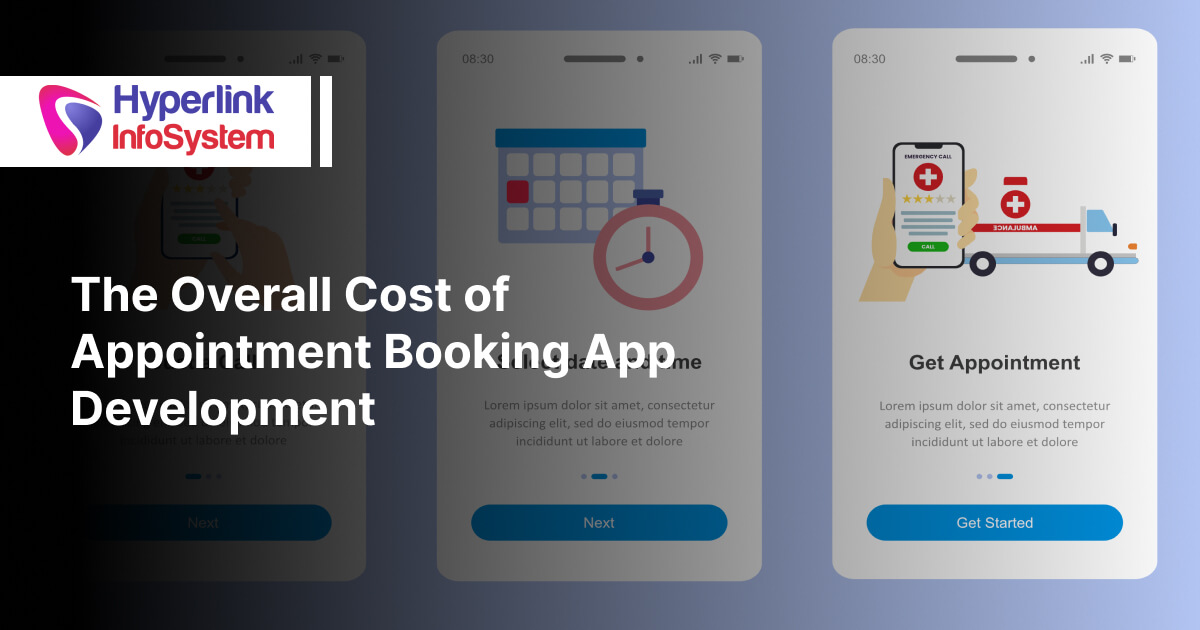There are some important requirements that need to be clarified before the development of mobile app. Mobile app development can be very easy and inexpensive if you hire the right development team.
As hardware and software continued to develop, more and more apps were downloaded from the store. Everyone could now download the app they would like to have on their smartphone. The use of apps can be expanded indefinitely. There is a corresponding app for almost every wish and need of users.
When you decide to develop mobile app for your business in Massachusetts, you should contact a top mobile app development company. With several years of experience in developing epic mobile app, Hyperlink InfoSystem is the right mobile app development company for you.
Native Apps
A native app means that it is developed individually for a specific platform. Such apps can be downloaded from the associated app stores and installed on the relevant devices. During use, device hardware is occasionally accessed, such as the camera.
The code of native apps is tailored to the operating system. This means faster and cheaper development. The advantage is also the good usage, which lets the user use the app more often.
Nowadays, different apps are rarely built for the different operating systems. Instead, development frameworks such as Xamarin, React Native or Flutter are accessed. These enable cross-platform development. A uniform programming language for several platforms is used during the development process. JavaScript is subsequently compiled into the respective native code. If there are elements in the code that cannot be translated, these are implemented using interfaces to JavaScript.
Implementation of apps
Concept And Structure of The App
The question here is: How should my app be structured? The answer to this is a user interface that represents the interface between user and end device. It is practically the graphic surface with interactive buttons and input fields. The individual functions are defined in a folder structure.
App Design
Next up is the visual design of the app. This is based on the corporate design of the company. It is a kind of graphic translation of the corporate philosophy, which usually contains a logo and a certain color scheme. It should also be noted that the content and placement play an important role. The content, consisting of text, images and videos, should be well selected.
App Programming
The last thing is the programming. Here the decision is made as to which device is to be developed for. The appropriate development tools are used for the desired platform. Frameworks and IDEs help with their prefabricated libraries in structuring and avoiding errors by means of given code structures, additions or drafts. Feedback or help from other developers can be obtained using team tools.
The Future of App Usage
In the recent past, the use of smartphones and other mobile devices has increased steadily. Applications that require an Internet connection are also being used more and more frequently. The needs of the users usually go beyond accessing information. A mobile app does much more than improve brand’s communication and presentation. The frequent and mandatory use of the app also affects customer loyalty. With an app, new target groups can be developed or even new products or services established.
Categories of Mobile App
This is usually the first question that the developers ask the clients before the creation of mobile app. This allows them to begin to identify the project and then ask the right questions. It is difficult for a mobile application developer to ask the right questions when the project direction remains too vague. Vague answers unfortunately lead to vague questions and vague prices.
Utility
Utility-type mobile applications are mobile applications that still have a bright future because they cover as many uses as businesses, niches, existing micro markets. These are applications that are an extension of existing services that attempt to migrate from their older state to a digital state. The term digital transformation finds all its meaning here.
Marketplace
The marketplace is aptly named since it is deals with connecting audiences in a mobile application. The mobile application plays the role of intermediary.
E-commerce
Launching a mobile application in the e-commerce sector seems mandatory when your e-commerce website is profitable and your statistics on google analytics indicate a strong mobile audience. It is therefore time to find out about the cost of creating and developing your mobile application to build customer loyalty and to support the growth of your digital activity. The price of the mobile application is a calculation between the forecast turnover and the expected return on investment.
Social Network
The most popular mobile applications are social media type mobile applications. The very essence of their concepts is to promote the social bond between individuals. Share your adventures, emotions, meet, and discuss. Many concepts have been tested and some have survived to become digital giants. In recent years, very few new players have succeeded in a sector with enormous dominance.
 +1 309 791 4105
+1 309 791 4105















































 +91 8000 161161
+91 8000 161161
